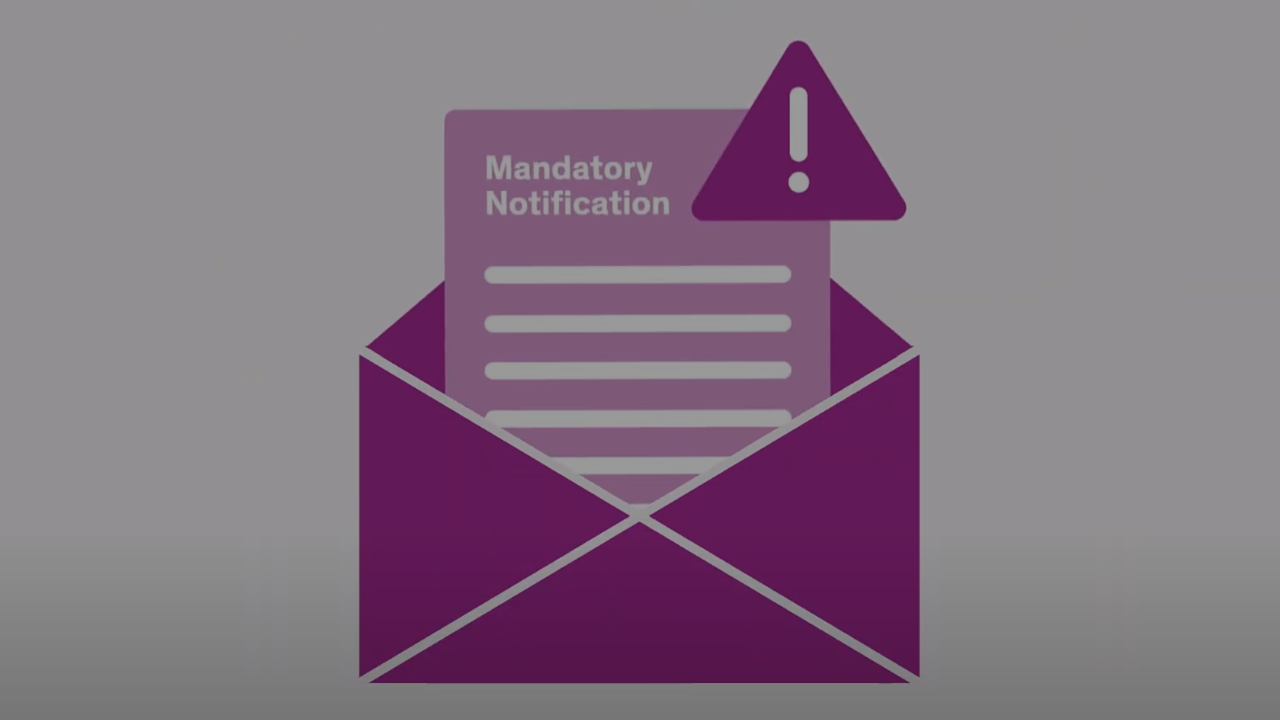Corruption can be someone committing fraud, taking or offering bribes, awarding contracts to family or friends, and using or leaking privileged information for personal benefit.
You can make a complaint to IBAC about:
- state government employees (at departments, agencies, public hospitals, public schools, universities and TAFEs)
- Victoria Police officers, recruits, protective services officers (PSOs), police custody officers and employees
- council employees and Councillors
- Members of Parliament and their employees
- judges, magistrates and other judicial members.
You can also choose to report your concerns directly to the agency that is the subject of your complaint, through its Public Interest Disclosure Coordinator. Most public sector agencies have someone equipped to support staff and members of the community in making complaints, and to protect whistleblowers.


